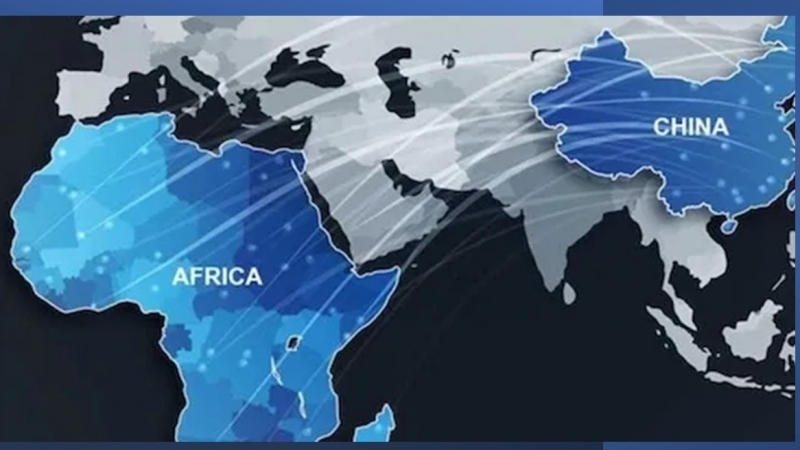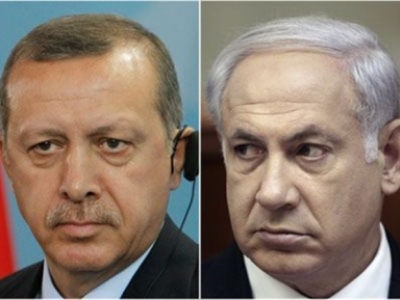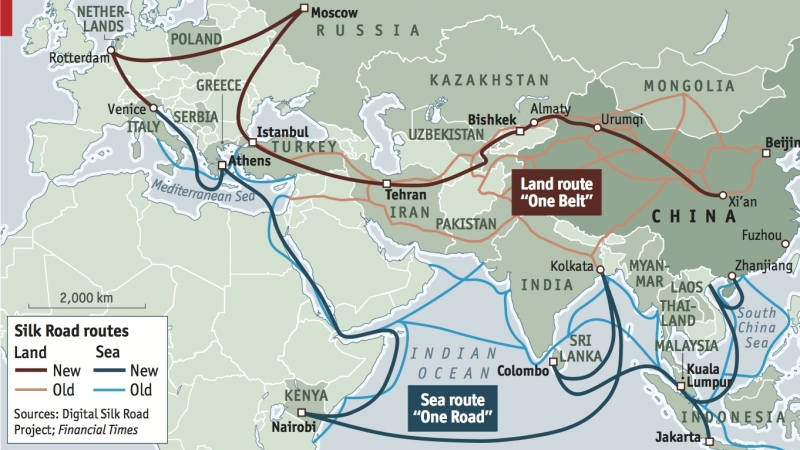Wider implications of China-Turkey trade relations
Ensuring Socio-economic JusticeCrescent International
Rajab 08, 1443 2022-02-09
Daily News Analysis

Turkey’s economic conditions continue to remain the focus of the corporate Western media.
It essentially pushes a gloomy narrative.
This should evoke serious skepticism about the West’s narrative.
However, there are alternative outlooks to the situation in Turkey.
One of those was recently published as an analysis by David Goldman in Asia Times.
He argued that “Turkey is weathering the storm of a catastrophic currency crisis through tighter trade integration with China.”
Speaking to our sources in Turkey’s business community for a local perspective of the analysis presented in Asia Times, we got a predictable response.
Chinese role in the Turkish economy, though present, is exaggerated, these sources said.
Turkey’s economic relationship with China has not yet acquired strategic depth.
However, due to China’s undeniable global economic leadership, Ankara and Beijing will naturally increase their economic cooperation.
China-Turkey economic relations will have a significant geopolitical impact which will surpass the purely economic aspects.
Until 20 years ago, Turkey was simply an instrument of NATO’s policy in Central Asia.
Ankara pursued strategic policies designed in Washington but were presented as serving “Turkish national interest” under the label of Pan-Turkism.
NATO aimed to foster separatism within the Turkic people living in Russia, China and Iran via Pan-Turkism.
This policy assumed that through Pan-Turkism, Russia will be distracted from its involvement in Eastern Europe; China would be diverted from the Taiwan Straits in the Pacific and Iran would scale back its support for the Palestinian cause.
Recent events in Kazakhstan confirm that Pan-Turkism has lost its relevance and is unlikely to make a comeback anytime soon.
The repercussions of this are that NATO regimes are now deprived of leverage against China in an important region.
Taking into account political and economic cooperation between Turkey, Russia and China in multiple fields and locales, NATO regimes cannot increase their influence in Central Asia.
This development puts NATO at a significant geopolitical disadvantage in terms of being able to pressure its opponents.
Turkish-Chinese economic cooperation is a logical step in China’s Belt and Road Initiative.
Beijing would not leave out the Bosporus out of its mega economic project.
Considering NATO’s hostile attitude towards Russia, China and Turkey, there has emerged a huge geopolitical barrier for the West’s economic and political influence in Asia.
It is almost as if NATO, particularly its European members, are cut off from Asia.
Thus, it would not be surprising to see a significant shift in European powers moving away from Washington’s approach on China, Russia and Turkey in the near future.
To stay economically viable in the new multipolar world order, European countries cannot afford to be hamstrung in their access to Asian markets.




